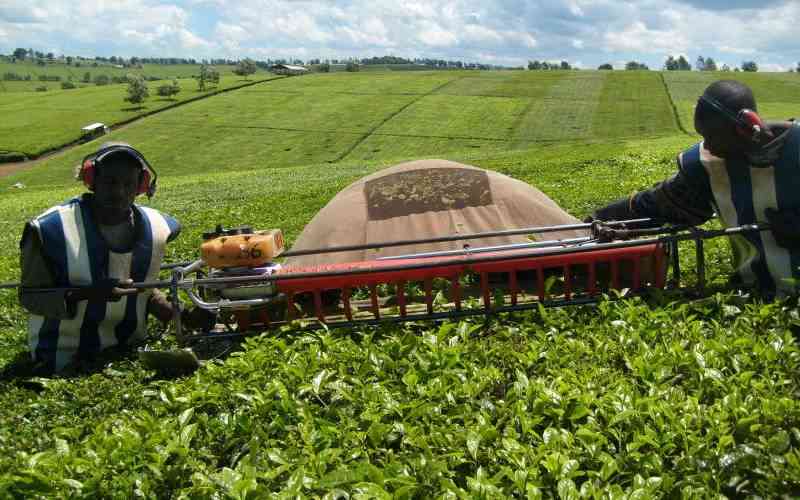×
The Standard e-Paper
Home To Bold Columnists

Push for reforms in the tea sector dominated President William Ruto's first tour of Kericho County.
Residents pleaded that mechanisation of tea farming be done away with since it had led to unemployment.